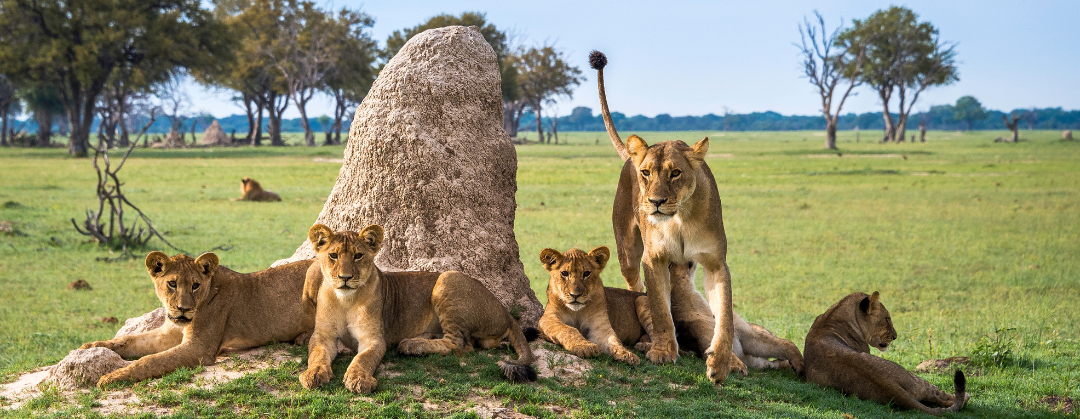

Mahlatini Luxury Travel

Belfast district, United Kingdom
July 2024
Travel agency & related
Service with Minor Environmental Footprint
Australia,
Canada,
Ireland,
Italy,
New Zealand,
South Africa,
Switzerland,
United Kingdom,
United States
Creating a positive change through the joy of experiential travel across Africa, has been central to Mahlatini’s ethos from the beginning, almost 25 years ago. Our passionate team of travel experts create authentic, customised and meaningful trips for conscious travellers who want to leave a positive impact on the people and places they visit. Travelling with Mahlatini provides peace of mind that you are supporting the communities in which you stay; helping conserve the wildlife you witness; and that the unique travel experiences you enjoy are ethically and environmentally responsible. Our journey to become the first independent African specialist B Corp certified tour operator is a natural next step to provide formal recognition, but also accountability, of our commitment to the highest standards of social and environmental impact. Mahlatini – for Life’s Great Journeys.
Overall B Impact Score
Governance 16.0
Governance evaluates a company's overall mission, engagement around its social/environmental impact, ethics, and transparency. This section also evaluates the ability of a company to protect their mission and formally consider stakeholders in decision making through their corporate structure (e.g. benefit corporation) or corporate governing documents.
What is this? A company with an Impact Business Model is intentionally designed to create a specific positive outcome for one of its stakeholders - such as workers, community, environment, or customers.
Workers 27.6
Workers evaluates a company’s contributions to its employees’ financial security, health & safety, wellness, career development, and engagement & satisfaction. In addition, this section recognizes business models designed to benefit workers, such as companies that are at least 40% owned by non-executive employees and those that have workforce development programs to support individuals with barriers to employment.
Community 25.0
Community evaluates a company’s engagement with and impact on the communities in which it operates, hires from, and sources from. Topics include diversity, equity & inclusion, economic impact, civic engagement, charitable giving, and supply chain management. In addition, this section recognizes business models that are designed to address specific community-oriented problems, such as poverty alleviation through fair trade sourcing or distribution via microenterprises, producer cooperative models, locally focused economic development, and formal charitable giving commitments.
What is this? A company with an Impact Business Model is intentionally designed to create a specific positive outcome for one of its stakeholders - such as workers, community, environment, or customers.
Environment 8.2
Environment evaluates a company’s overall environmental management practices as well as its impact on the air, climate, water, land, and biodiversity. This includes the direct impact of a company’s operations and, when applicable its supply chain and distribution channels. This section also recognizes companies with environmentally innovative production processes and those that sell products or services that have a positive environmental impact. Some examples might include products and services that create renewable energy, reduce consumption or waste, conserve land or wildlife, provide less toxic alternatives to the market, or educate people about environmental problems.
Customers 5.0
Customers evaluates a company’s stewardship of its customers through the quality of its products and services, ethical marketing, data privacy and security, and feedback channels. In addition, this section recognizes products or services that are designed to address a particular social problem for or through its customers, such as health or educational products, arts & media products, serving underserved customers/clients, and services that improve the social impact of other businesses or organizations.